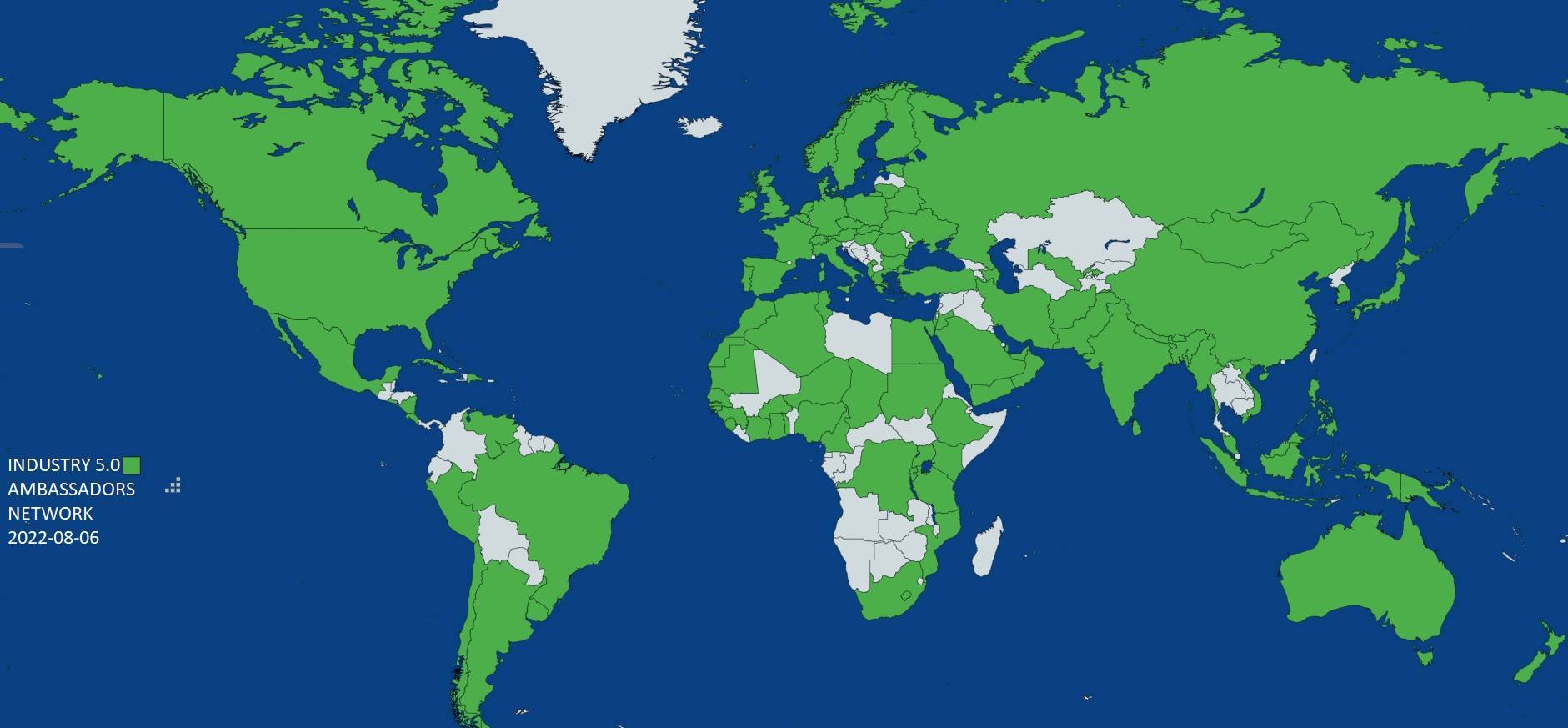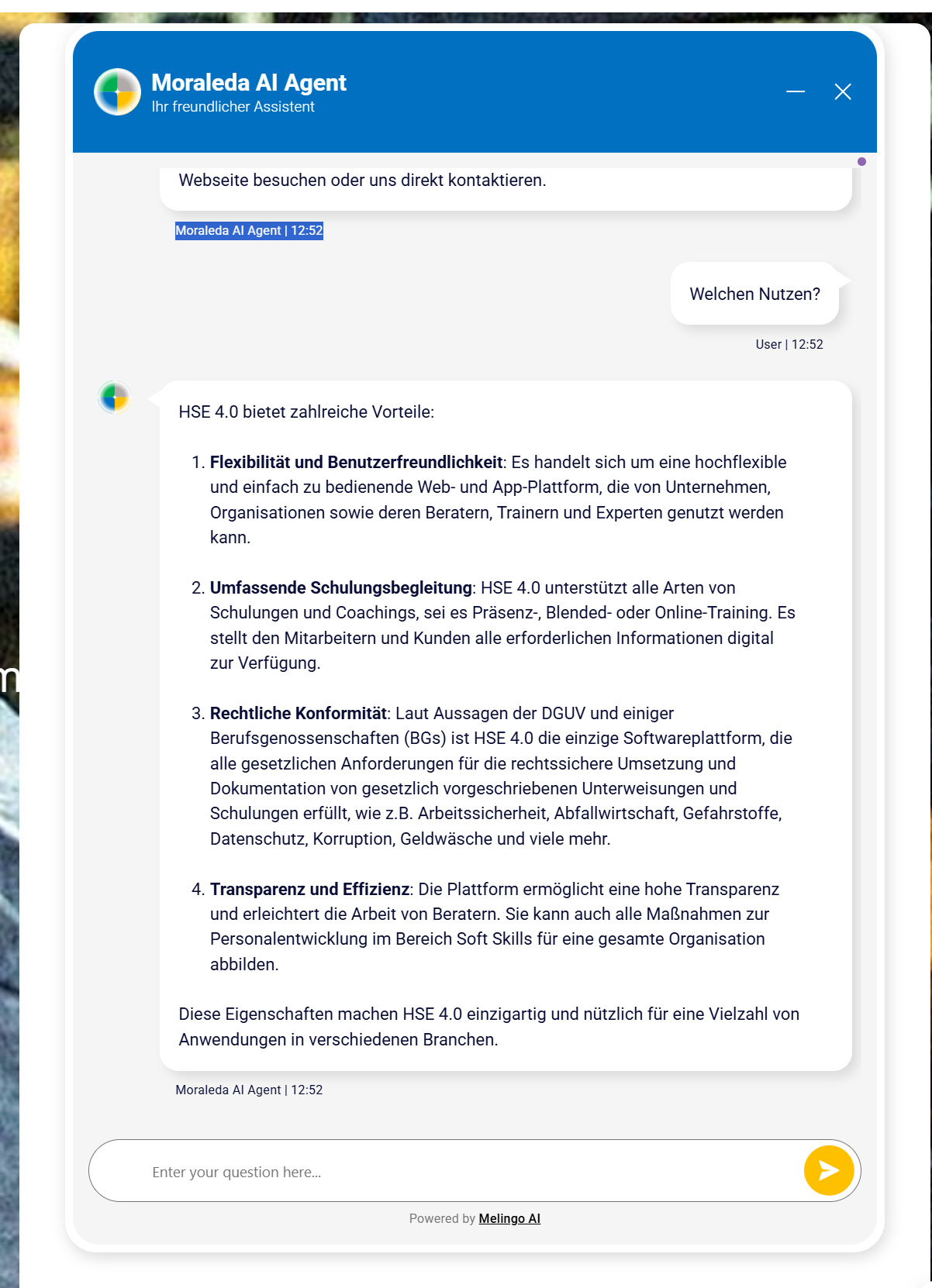The 3G rule for the world of work came into force in Germany on November 24th, 2021. So that our employees and employers who are not very fluent in German can also obtain information,the most important points in your local language here….
The Bundestag and Bundesrat have approved the change to the Infection Protection Act. This means that stricter rules for working life now apply nationwide. The law was announced in the Federal Law Gazette on November 23rd, 2021 and formally comes into force on November 24th, 2021.
Here is an updated overview of the new regulations.
1. What does the 3G rule mean?
The 3G rule applies to almost all companies. This means that only those who have either been vaccinated, recovered or have been tested on a daily basis are allowed to enter a company. The only exception is for businesses without any personal contact. From now on, employees will only have access to a company if they have been vaccinated, recovered or have recently been tested. Those who have been vaccinated and those who have recovered must prove this with appropriate documents - these are, for example, the yellow vaccination certificate, the vaccination certificate via an app or proof of recovery.
IMPORTANT:
The 3G rule is a statutory control obligation of the employer, which is linked to access to the workplace (§28b para. 1 IfSG in the version from November 24, 2021). Only within the scope of this obligation can the employer request proof of vaccination, testing or recovery and must document this for a limited period of time.For employees in the home office or in the field who do not visit the company at all, the control obligation therefore does not apply. The employer is not entitled to demand proof from these people or to record their vaccination status without reason.
A general right of the employer to ask about the vaccination status of employees, to record it and, if necessary, to report it to the authorities still only exists in specially protected medical and social facilities, e.g. B. Care facilities, daycare centers, schools, homeless shelters - regulated in Section 36 Paragraphs 1 and 3 IfSG (in conjunction with Section 33 IfSG).
2. How are the tests going?
If you cannot or do not want to provide proof of vaccination or recovery, a negative test is sufficient to gain access to the company or office. A normal antigen test may only be a maximum of 24 hours old. The employee must obtain this themselves. If the employer offers the tests in the company itself, the employee may first enter the company and then carry out the test before starting work. However, the tests must be carried out and certified by commissioned third parties or carried out and documented in the company under supervision.
If it is a PCR, PoC-PCR or comparable test using nucleic acid detection, the test may be up to 48 hours old.
3. Who pays for the tests?
The law itself does not regulate this in detail. It can therefore be assumed that the employer in particular has to pay for the tests. Employers have long been required to offer all employees two tests per week based on the Corona Occupational Safety and Health Ordinance. In addition, the free citizen tests, which were initially abolished at the beginning of October, were reintroduced. However, it could be that the Federal Minister of Labor will issue further regulations that, for example, regulate more precisely who has to pay for the tests and what measures still need to be taken. The Federal Minister of Labor has been given a certain amount of leeway for this through the Infection Protection Act.
4. Can the employer ask about vaccination status?
Previously, employers were only allowed to inquire about the vaccination status of their employees in individual sectors, for example in nursing or geriatric care. The reason for this is strict data protection, which imposes special requirements for sensitive health data.
The new Infection Protection Act now changes this: employers are now obliged to collect data in order to monitor the 3-G obligation. The question arises as to what concrete consequences this has for the right to ask questions, for which there is nothing explicit in the law. According to a statement from the Federal Ministry of Labor, even with the new 3-G rule, employers are not allowed to directly and explicitly ask about vaccination status. However, you can request one of the three proofs. So if you don't answer the question about your vaccination status, you're not doing anything wrong. However, he must then be treated as “unvaccinated” and submit to a test.
5. Can the employer store data on vaccination status?
The employer is now also allowed – and this is explicitly stated in the law – to store and process personal data on vaccination status. And for six months. The data may also be used to adapt the operational hygiene concept based on the risk assessment (§§ 5.6 ArbSchG), provided this is “necessary”. The employer must comply with data protection requirements, in particular, provide appropriate and specific measures to protect the interests of the data subjects in accordance with Section 22 Paragraph 2 BDSG. For this purpose, technical and organizational measures for data security must be taken, among other things. Employers must ensure that unauthorized persons (e.g. third parties or colleagues) cannot gain access to the data collected.
The employer may only process proof of vaccination, recovery and testing if this is necessary for the purpose of checking the evidence. In addition, he is permitted to use the data to adapt the company's hygiene concept. The principle of purpose limitation applies (Article 5 paragraph 1 letter b GDPR). Processing for any other purpose is not permitted. If the employer violates the General Data Protection Regulation, he can face fines and compensation (source: FAQ from the BMAS).
6. Does the employee always have to have a proof document with them in the company?
Yes. The employee must either deposit the proof with the employer or carry it with them permanently in the company. At the employer's request, the employee must show the document.
7. What applies if the employer transports several employees to the workplace?
Basically the same. Here, too, only employees who can provide one of the above-mentioned proofs (3-G rule) may be transported.
8. Can the employer carry out checks to ensure compliance with the 3-G rule?
Yes. He is even explicitly obliged to do so.According to the law, he is supposed to monitor whether the 3-G rule is being adhered to through daily verification checks and also document this. Employees are obliged to present the 3-G certificate upon request.
9. What happens if employees refuse to provide 3-G proof?
The consequences are still unclear. However, it may be that employees - who are then unable to perform their work due to their own fault due to a lack of 3-G proof - are not entitled to wages. Because the following applies: No work – no wages. They could also risk dismissal for behavioral reasons, which, however, requires a warning first.
10. What about home office?
According to the law, the employer must offer employees the opportunity to carry out these activities in their homes in the case of office work or comparable activities, unless there are compelling operational reasons to the contrary. Employees must accept this offer unless they have any reasons to the contrary. This planned regulation corresponds to the already known home office regulation based on the occupational health and safety regulations in force in the third wave of the pandemic that were in force until recently.
11. According to the amended Coron-ArbSchV, employers are particularly obliged
Informing employees about the risks of corona disease and informing them about the possibility of vaccination
To support company doctors with company vaccination offers and to release employees to take advantage of vaccination offers during working hours
Offer the opportunity to be tested at least twice a week in your company for all those working on-site
To examine what suitable technical and organizational measures can be taken to reduce operational contacts
The simultaneous use of rooms by several people must continue to be reduced to the necessary minimum, unless equivalent protection can be ensured through other measures.
If employees in your company experience symptoms of Covid-19, you should contact your local health authority immediately. The health department is then responsible for both the reporting process and the imposition of further measures. The authority will also inform you, among other things, about how you should behave. Infected people are usually questioned by the health department about their contacts in the past few days and about symptoms, they are registered by name and, if necessary, subjected to laboratory tests. Here you should cooperate with the office. The health department can order home quarantine for contacts who have symptoms but are not seriously ill.









